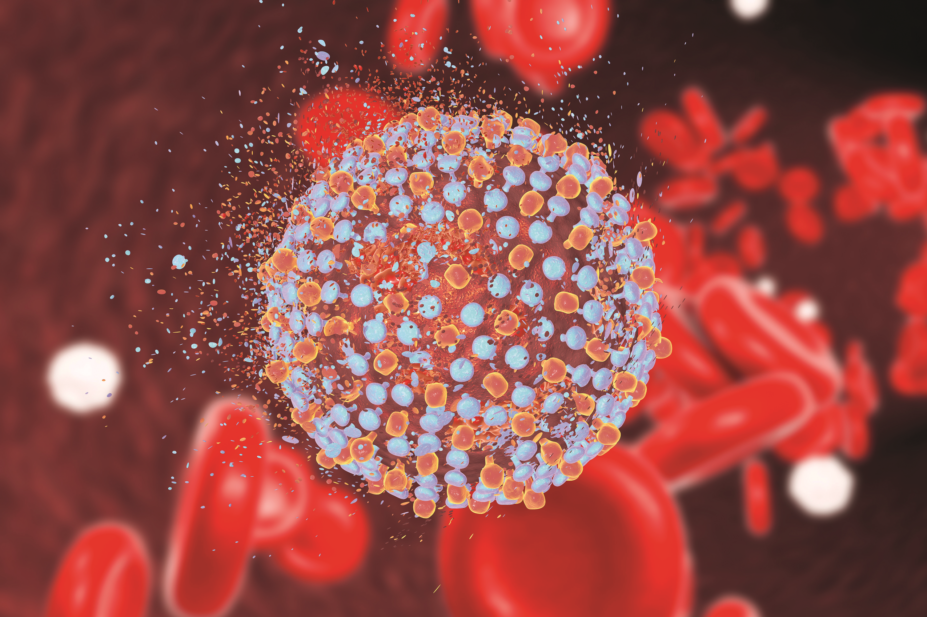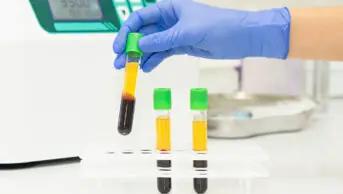
Shutterstock.com
A Scottish health board has claimed to be the first region in the world to effectively eliminate hepatitis C.
NHS Tayside, which covers the cities of Dundee and Perth, as well as surrounding areas, said it has diagnosed 90% of patients and treated 80% of eligible infected cases, which meets the World Health Organization’s (WHO’s) targets for reducing prevalence of the disease.
The health board introduced a system of test-and-treat services, which were provided in settings that included more than 60 community pharmacies, as well as nurse-led community clinics and prisons. The programme was aimed at people who were currently injecting drugs, whereas standard hepatitis C services have focused on people who have stopped using drugs or are accessing help already.
Andrew Radley, consultant in public health pharmacy at NHS Tayside, said that an evaluation of the test-and-treat pathway found that around twice as many people accepted the offer of a test from a pharmacy than from other services.
He added that patients accessing the service through a pharmacy were around twice as likely to be cured of hepatitis C infection, compared with other routes.
“Our evaluation showed that the long-term trusting relationship with pharmacy staff, the local situation of the pharmacy within a community, and the ongoing reason to attend the pharmacy were key factors in this success. Patients did not need to find the money for bus fares or navigate their way around an unfamiliar hospital,” he said.
“We have shown that by utilising the community pharmacy resource, many of the barriers that prevent some of our most vulnerable groups accessing effective healthcare can be reduced.”
The project is a collaboration between NHS Tayside and the University of Dundee.
John Dillon, a consultant hepatologist and gastroenterologist at the university, said that “previous thinking had been that a community of people who inject drugs, and their lives, are too chaotic to allow for the sort of sustained treatment that hepatitis C needs to achieve a cure.
“However, our view was that, with the right approach, supported with appropriate resources, we could tackle what is a very significant problem and reduce the rates of hepatitis C infection.”
In July 2019, the Scottish government announced it was on track to eliminate hepatitis C across Scotland by 2024, six years ahead of WHO targets.


